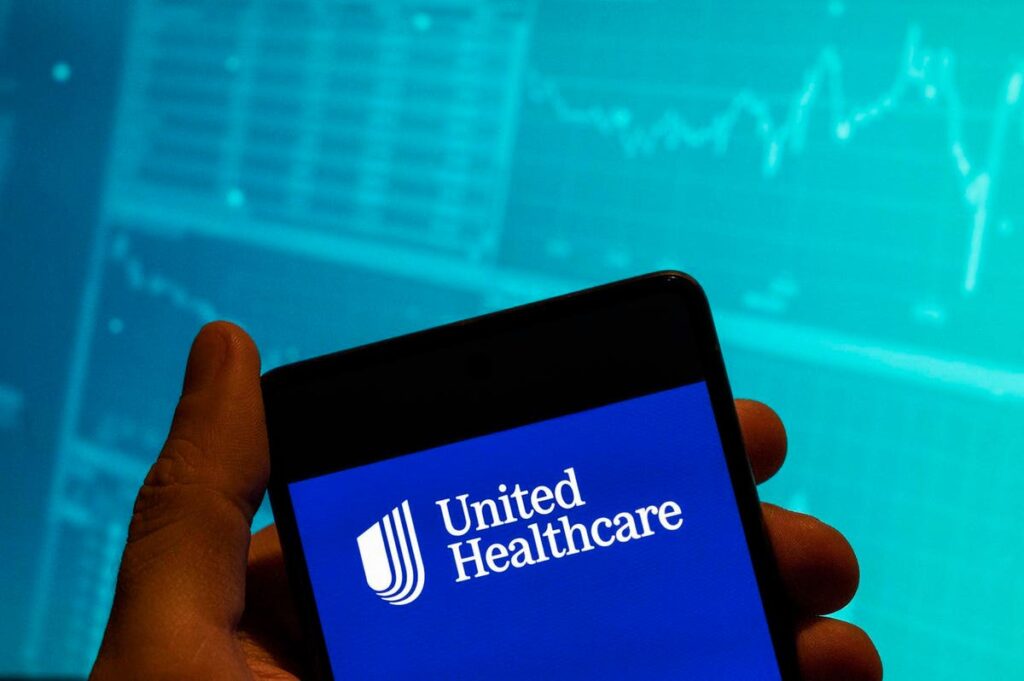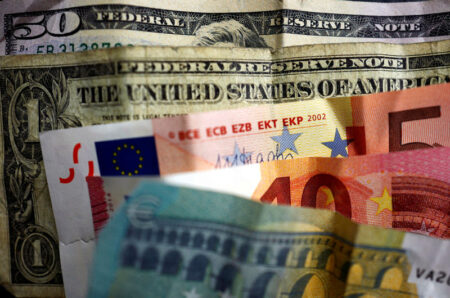UnitedHealth stock (NYSE: UNH) currently trades at $460 per share, roughly 25% above its level in March 2021, and it still has the potential for sizable gains. UNH saw its stock trading at around $514 in late June 2022, just before the Fed started increasing rates, and is now 10% below that level. The stock has lost 9% since September 2022 compared to the S&P 500, which gained about 22% during this period. UNH has seen a 5% decline this week, primarily due to the company’s management stating that there is a rise in medical costs as more people are getting elective procedures done that were earlier postponed during the pandemic. This has impacted health insurance stocks at large.
Returning to the pre-inflation shock level means that UNH stock will have to gain 20% from here. We believe that the stock will not only reach its pre-inflation shock highs but rise to even higher levels over time. We estimate UnitedHealth’s valuation to be around $600 per share, implying about 30% gains. This is because of strong growth in its Optum business and a continued rise in total insurance customers served. UnitedHealth’s Revenue has gradually risen over the recent quarters, a trend expected to continue going forward. UnitedHealth’s operating margin has also expanded from 8.1% in 2019 to 8.8% now, bolstering its bottom-line growth. Our UnitedHealth Operating Income Comparison dashboard has more details.
Our detailed analysis of UnitedHealth’s upside post-inflation shock captures trends in the company’s stock during the turbulent market conditions seen over 2022. It compares these trends to the stock’s performance during the 2008 recession.
2022 Inflation Shock
Timeline of Inflation Shock So Far:
- 2020 – early 2021: Increase in money supply to cushion the impact of lockdowns led to high demand for goods; producers unable to match up.
- Early 2021: Shipping snarls and worker shortages from the coronavirus pandemic continue to hurt the supply
- April 2021: Inflation rates cross 4% and increase rapidly
- Early 2022: Energy and food prices spike due to the Russian invasion of Ukraine. Fed begins its rate hike process
- June 2022: Inflation levels peak at 9% – the highest level in 40 years. S&P 500 index declines more than 20% from peak levels.
- July – September 2022: Fed hikes interest rates aggressively – resulting in an initial recovery in the S&P 500 followed by another sharp decline
- Since October 2022: Fed continues rate hike process; improving market sentiments help S&P500 recoup some of its losses.
In contrast, here’s how UNH stock and the broader market performed during the 2007/2008 crisis.
Timeline of 2007-08 Crisis
- 10/1/2007: Approximate pre-crisis peak in S&P 500 index
- 9/1/2008 – 10/1/2008: Accelerated market decline corresponding to Lehman bankruptcy filing (9/15/08)
- 3/1/2009: Approximate bottoming out of S&P 500 index
- 12/31/2009: Initial recovery to levels before accelerated decline (around 9/1/2008)
UNH and S&P 500 Performance During 2007-08 Crisis
UNH stock declined from $48 in September 2007 (pre-crisis peak) to around $20 in March 2009 (as the markets bottomed out), implying that it lost nearly 60% of its pre-crisis value. It recovered post the 2008 crisis to levels of around $30 in early 2010, rising 55% between March 2009 and January 2010. The S&P 500 Index saw a decline of 51%, falling from levels of 1,540 in September 2007 to 757 in March 2009. It then rallied 48% between March 2009 and January 2010 to reach levels of 1,124.
UNH Fundamentals Over Recent Years
UnitedHealth’s revenues rose from $242 billion in 2019 to $324 billion in 2022, driven by solid growth in its Optum segment – which provides care through local medical groups. This can be attributed to a rise in the number of patients served under the company’s value-based arrangements, including at-home services. Optum Insight segment will benefit from the Change Healthcare acquisition late last year. UnitedHealth’s reported earnings increased from $14.55 in 2019 to $21.47 in 2022, with higher revenues and net margin expansion.
Does UNH Have A Sufficient Cash Cushion To Meet Its Obligations Through The Ongoing Inflation Shock?
UnitedHealth’s total debt increased from $41 billion in 2019 to $58 billion in 2022, while its total cash increased from around $14 billion to $28 billion over the same period. The company garnered $26 billion in cash flows from operations in 2022. Given its cash position, UnitedHealth appears to be in a comfortable position to meet its near-term obligations.
Conclusion
With the Fed’s efforts to tame runaway inflation rates helping market sentiment, we believe UnitedHealth stock has the potential for solid gains once fears of a potential recession are allayed. We believe that investors can use the current dip in UNH for solid gains in the long run. That said, any significant rise in medical costs due to a rise in elective procedures remains a risk factor for realizing these gains.
While UNH stock may see solid gains over time, it is helpful to see how UnitedHealth’s Peers fare on metrics that matter. You will find other valuable comparisons for companies across industries at Peer Comparisons.
Furthermore, the Covid-19 crisis has created many pricing discontinuities which can offer attractive trading opportunities. For example, you’ll be surprised how counter-intuitive the stock valuation is for UnitedHealth vs. Netflix
NFLX
With higher inflation and the Fed raising interest rates, among other factors, UNH stock has fallen 13% this year. Can it drop more? See how low UNH stock can go by comparing its decline in previous market crashes. Here is a performance summary of all stocks in previous market crashes.
What if you’re looking for a more balanced portfolio instead? Here’s a high-quality portfolio that’s beaten the market consistently since 2016.
Invest with Trefis Market Beating Portfolios
See all Trefis Price Estimates
Read the full article here













